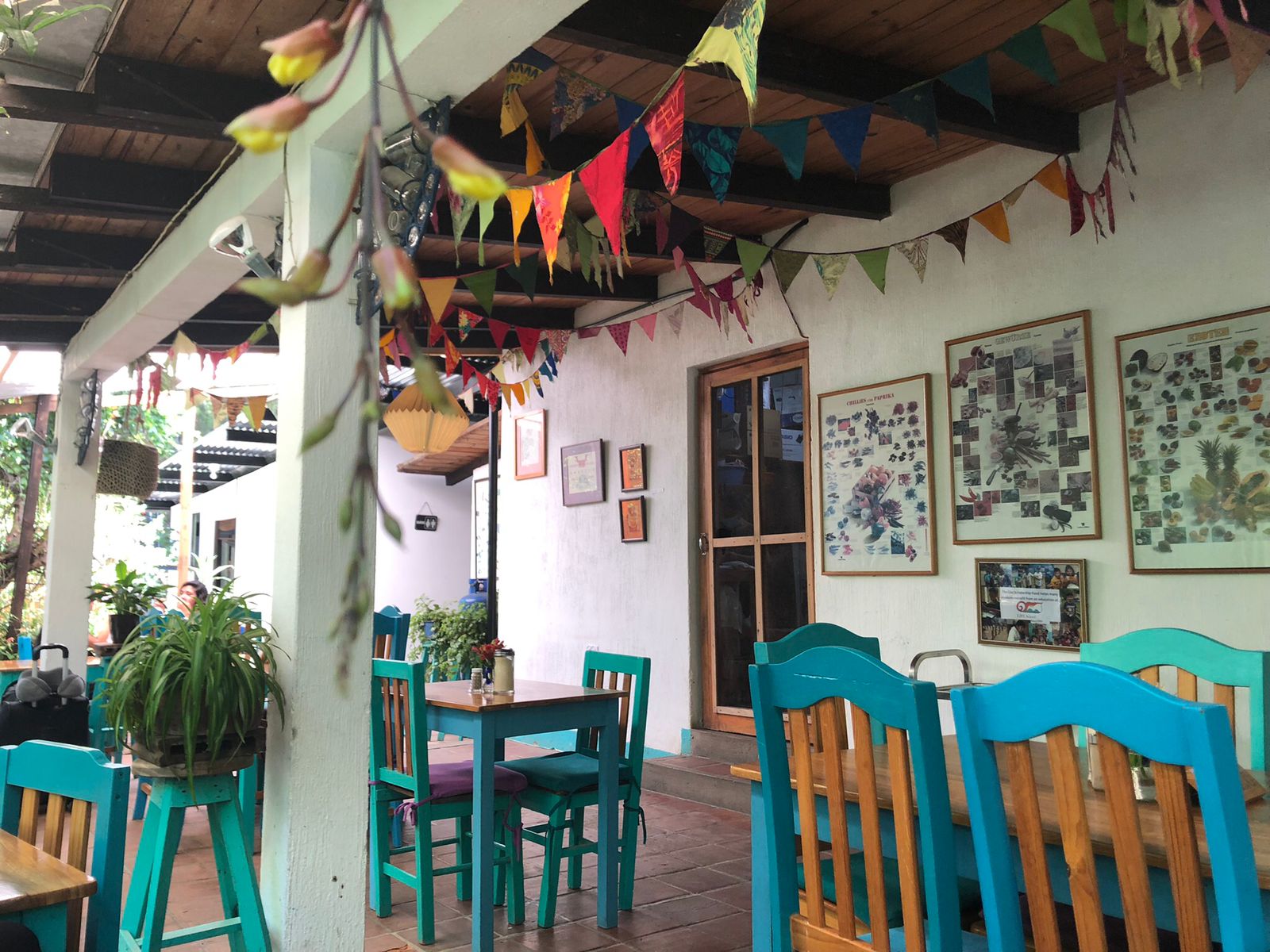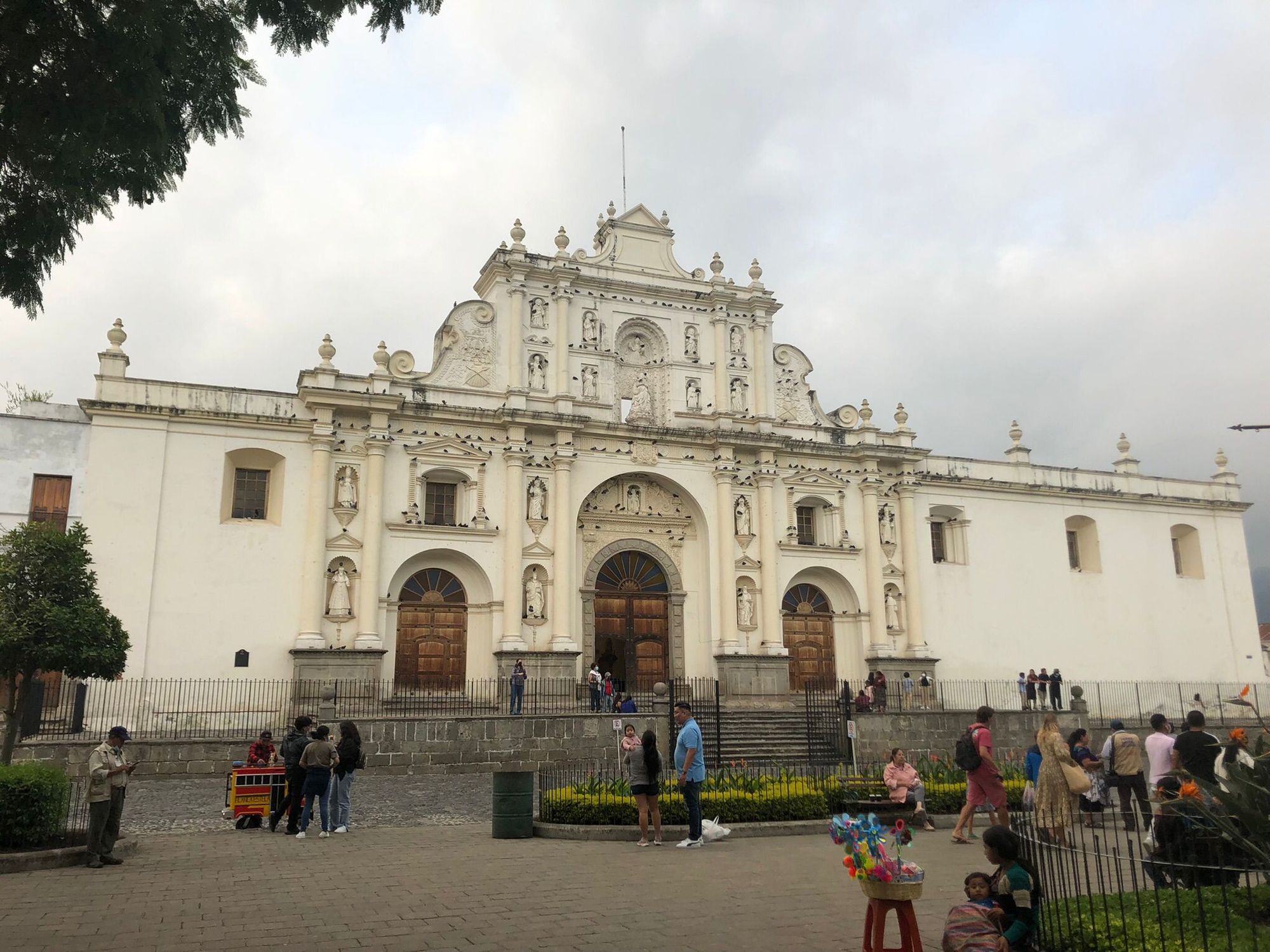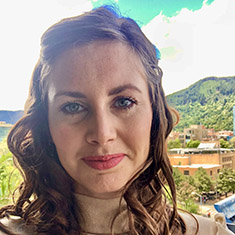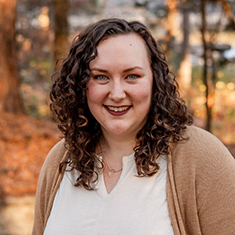In this post, originally published in the Thinking & Working Politically Community of Practice newsletter, Emma Kerr and Paula Estrada Tun recount their experience undertaking a political economy analysis (PEA) for an anti-corruption project in a sensitive political setting. The article has been edited slightly for length and house style.
It’s a bright day in Guatemala City and we exit the café where we have been interviewing one of the more left-leaning political analysts in the country. We exchange a look and laugh—we have just been provided with some of the most salacious political gossip about the country’s inner workings—who is in and out of favor, who is (allegedly!) in a relationship with whom to gain power, and who is really behind the recent conviction of investigative journalist and prominent anti-corruption activist José Rubén Zamora Marroquín.

Sometimes, doing PEA feels more like conducting interviews for a tabloid magazine. Surprisingly, this is not the only interviewee to be so candid—despite the risk. In Guatemala, the crackdown against civil society activists speaking out against corruption and the abuse of power has been intense. Marroquín is not the only one to face conviction—a number of journalists and activists have told us that they or their colleagues had been threatened, and there has been a wave of anti-corruption prosecutors who have fled to the United States to avoid persecution.
Given these circumstances, it would be understandable for the experts and analysts we are speaking with as part of our efforts to better understand the political economy context in Guatemala to be guarded in interviews. Instead, we found that their mounting frustration has led them to speak more openly. By contrast, the people we have interviewed in government are much more hesitant, and it has only been with the help of an excellent local researcher—herself a former minister—that we have gained access to some of the critical players.
Over the course of two weeks, our PEA team, which, in addition to the two of us, includes another project staff member and a consultant, both based in Guatemala, conducted close to 50 interviews across civil society, the private sector, government, think tanks, and universities to better understand governance and anti-corruption efforts in Guatemala. We triangulated the data across interviews and compared it to findings from desk research. Working hard to ensure our analysis was rigorous, we produced a 50-page draft report based on our (mostly qualitative) research, where we sought to strike a balance between some of the grittier political economy findings on the rules of the game and the technical analysis on what is needed to strengthen the institutions that our project supports.
However, much of the material we collected was also highly sensitive, so we had to make difficult choices about what information to incorporate into the report and how to do so, considering reputational and political risks as well as project staff guidelines and feedback from our client. After all, Guatemala is a small country, in which all the key political players know each other, so if our analysis were to leak, it could have profound implications for the project and stakeholders involved.
In the end, we produced a final report that was much shorter (we cut it in half). That said, undertaking the full exercise was itself very meaningful, and we want to share some of what we have learned from the PEA process in case it is helpful to others conducting PEA in politically sensitive environments, where there may be hesitancy to put sensitive information in writing.

Lessons Learned
- If it is challenging to put things down on paper, presenting findings orally may be one way of sharing some of the more sensitive issues that emerge from your research. It may be worth consulting with relevant partners and stakeholders beforehand to find out in advance who will be attending the meeting, and how frank you can be.
- Work closely with the funder commissioning the analysis (and other colleagues as needed) to clarify the nature and substance of PEA, and what the research process entails. As governance specialists, we know that a lot of information gathered will be inherently sensitive—but you can reassure partners and key informants by letting them know, for example, that interviews are anonymized, and data is triangulated.
- On the other hand, it is also important to understand the perspectives of other colleagues. Often, they are the ones putting themselves on the line. They know the context and risks better than anyone, and they will have to deal with any potential fallout from sensitive information being leaked.
- Make sure that the terms of reference or scope of work and research questions are as clear as possible before you start interviews or writing. In our case, because we had clear research questions, we were able to go back through the findings and decide what was really relevant and what could be cut. In some cases, this will also give you the opportunity to demonstrate why a finding should be included—by indicating that it is crucial to addressing the research questions, for example.
- If the PEA exercise is limiting your flexibility, adapt it! Do not feel constrained by formal PEA frameworks. The framework should be there to guide you, not constrain you, and we found at times that it could be too rigid. If some of the information the PEA framework seeks to capture is not relevant, adapt the structure as you see fit.
- Similarly, find the approach and methods that give you the agility you need to embed PEA as an ongoing process into your project. We learned from our experience that while the initial formal PEA report was critical to set a baseline for the project, we could update our political thinking in ways that did not entail producing another full-on report. With a small project team in a closed political environment that is constantly evolving, a report that is too academic may not be the most practical way to capture information on an ongoing basis, especially considering that the report was written in English while most project staff are not proficient in the language. The project had originally planned to update the PEA annually. Looking ahead, however, we are considering several tools and mechanisms to monitor political dynamics with quicker turnarounds and greater flexibility, while remaining mindful of the risks of the information being leaked.
- The PEA process is valuable in and of itself. It offers a process and a lens that are essential in guiding and informing project staff around the kinds of adaptation that may be needed in project design and implementation to ensure the project is anchored in contextual realities. Our PEA team also regularly consulted with and informed project staff of developments as we went along. Even if not all findings made it into the final version of the report, the staff are aware of them.
- Finally, it’s important to train and include project staff in PEA, so that they can take the Thinking and Working Politically approach forward. Embedding project staff in the PEA team also ensured that the implications for action set forth in the report were reflective of what is feasible within the scope of the project.







